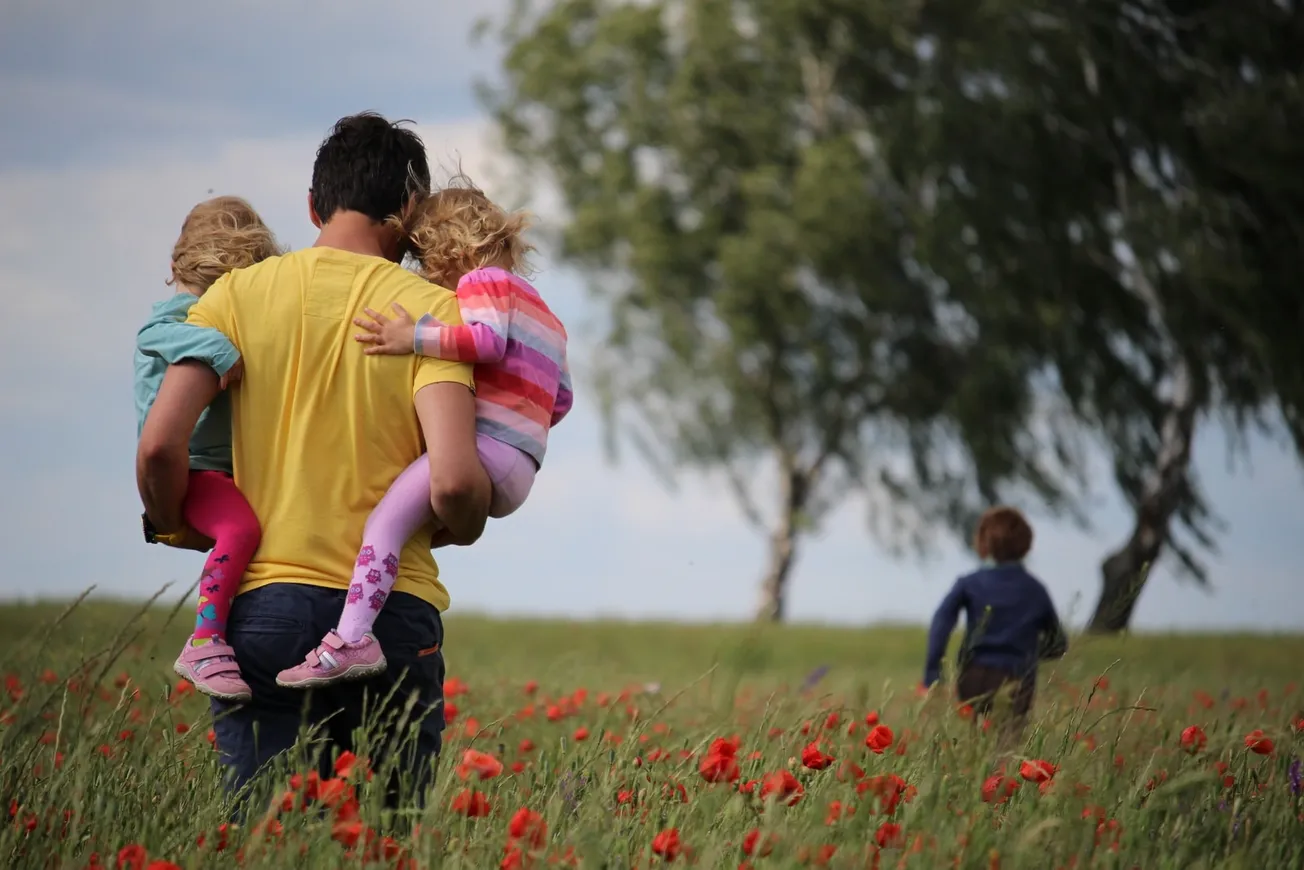Table of Contents
Earlier this week Ngati Kahungunu and Project Gender released the Mako Mama Mangopare Single Parents Project. The research is based on seven focus groups and an online survey of 3,545 single parents which asks about their circumstances regarding income, work, health, experience of discrimination and domestic violence. Not unexpectedly the responses paint a picture of struggle and perceived discrimination.
The MMM Project’s subsequent reaction to the research is twofold:
1/ To embark on a nationwide campaign to “celebrate” single parents.
2/ Create an “online Navigators portal” for single parents.
The authors appear to be lining up future employment for themselves, anticipating further funding from the Peter McKenzie Project (commissioners of the report) and the government.
They have also noticed another gap in the market and propose, “Creating single parents’ networks that operate similar to LGBTQI+ networks, within business.” Perhaps the creation of a ‘Single Parent Tick’ akin to the pervasive Rainbow Tick?
Of course, there is no guarantee such a ‘tick’ would attract single parents off benefits. As one survey respondent remarked: “I can’t afford to work – If I work 40 hrs a week, after paying childcare I only earn $100 more than on a benefit, that’s $2.50 per hour.”
It’s worth exploring that comment. If their household budget required $100 more, surely the beneficiary couldn’t afford not to work? What the respondent seems to be saying is the marginal difference is so small they can’t afford to put in 40 hours’ effort at just $2.50 per hour. Someone else can put in the effort and pay the tax required to furnish their income.
Another respondent says, “We don’t just want a job, we want a career and opportunities to study/work that fit our lives as sole carers for our tamariki.”
So, people doing the ‘jobs’ should provide you with ‘careers and study opportunities’? You do know where the money for your benefit comes from, right?
Maybe not. Another said, “MSD treat me like I’m a desperate Maori trying to milk them – You would think you were asking for money from their personal bank account.”
Well, hello. Your case manager toils to pay taxes. It feels exactly like their personal bank account.
There’s a lot of people out there kidding themselves, and it’s not just beneficiaries.
Despite the continuing elevated poverty and poorer health experienced by lone parents and their children, we are exhorted to “celebrate” this family form by embarking on a “nationwide media, marketing and communications campaign … to change behaviours, mobilise communities and address social attitudes that stigmatise single parents”.
Single parenthood is stigmatised by society because of the hardship, loneliness and vulnerability it entails for mother and child. The moral disapproval exists because many (though certainly not all) single parents expect to live at the expense of others. This societal displeasure is only exacerbated by the increasing ease with which to avoid pregnancy or find work to support a family.
Here’s the reality. This latest advocacy project is yet another bad idea from the poverty activism industry which creates lucrative employment/funding opportunities for those with an eye for riding the gravy train. It’s cynical and relies on perpetuating victimhood. We are trapped in a culture of faux kindness and silly celebration. It is sacrilege to suggest to anyone they made a mistake, or a poor choice. They don’t have to own it because we all ‘own it’ – we are all made responsible for the consequences of decisions of others we have no control over. This is the inevitable upshot of compulsory collectivism.
There is another option, but I’d be laughed out of the room for suggesting it. Avoidance and prevention just might be a better approach.
Which makes more sense?
Numbers (not provided in the report):
Census 2018: 131,787 sole parent families with dependent children.
MSD 2021: 99,000 sole parent families on a main benefit.









